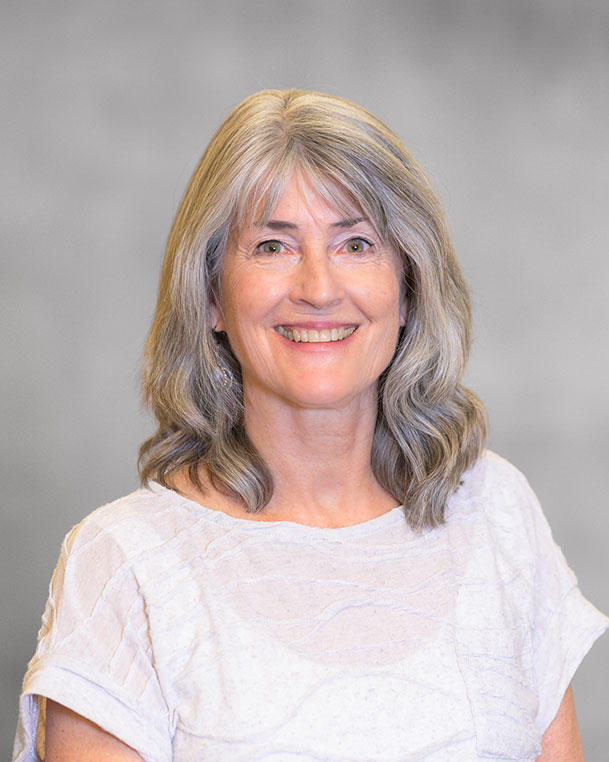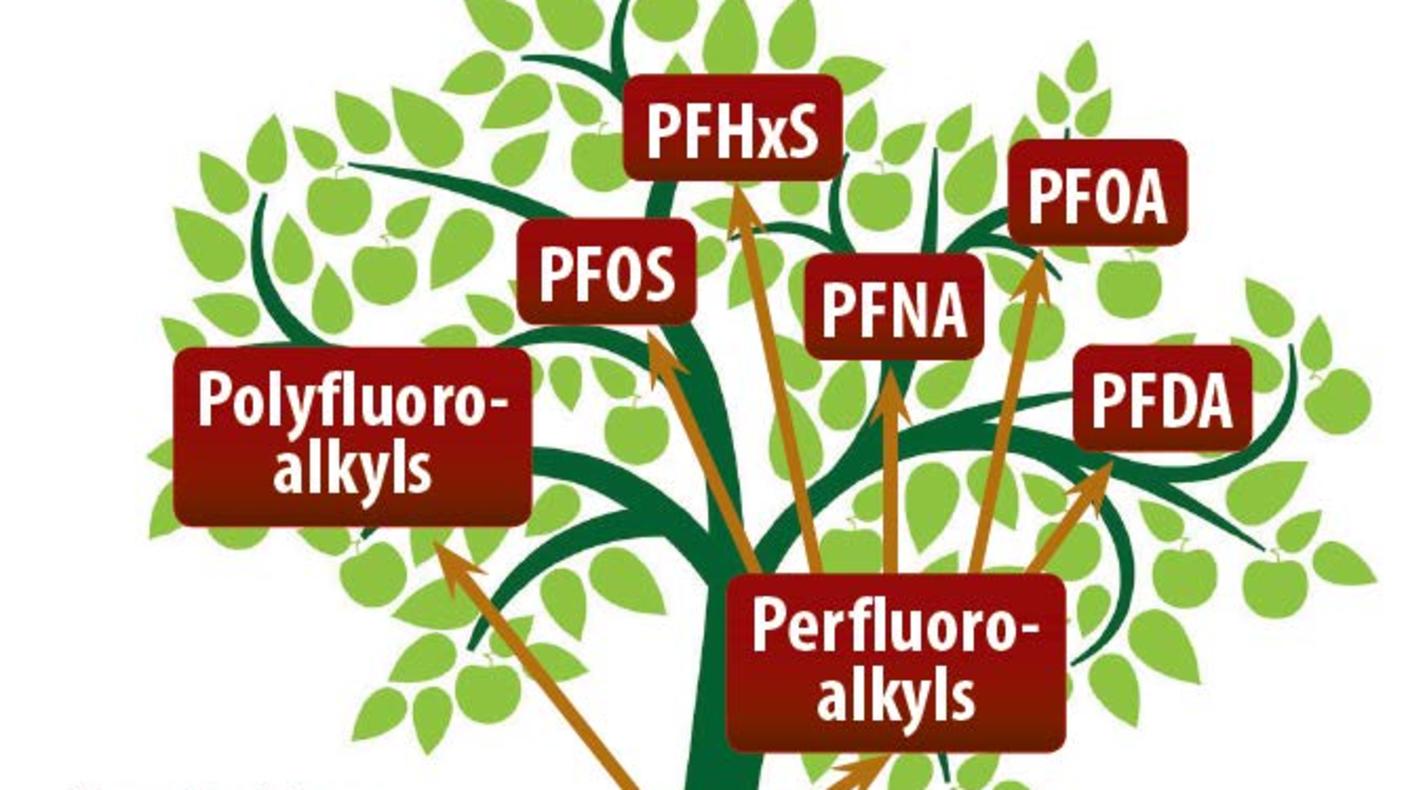Mary Ward Retires from the NCI
, by Jennifer K. Loukissas, M.P.P.
Mary H. Ward, Ph.D., senior investigator in the Occupational and Environmental Epidemiology Branch (OEEB) will retire on October 31, 2024, after 30 years of federal service. Dr. Ward is an internationally recognized expert in the study of environmental causes of cancer.
Throughout her career, Dr. Ward made important contributions to our understanding of the potential carcinogenic effects of drinking water contaminants, pesticides, and persistent pollutants (POPs) in relation to the etiology of childhood leukemia, gastrointestinal cancers, thyroid, and other cancers. Her foundational work established the use of geographic information systems (GIS) for exposure assessment of environmental contaminants, a method that is widely used today in a range of epidemiological investigations. Her research on ingestion of nitrate in drinking water had important national policy implications under Environmental Protection Agency's (EPA) Safe Drinking Water Act.
Nitrate Ingestion and Cancer Risk
Dr. Ward conducted some of the first case-control and cohort studies of nitrate ingestion and cancer risk with individual-level exposure assessment and evaluation of co-factors that affect N-nitroso compound (NOC) formation. Most NOCs are potent carcinogens in animals, causing tumors at multiple cancer sites. She linked large historical databases of measurements from public water supply to residence histories and found increased risk of bladder, kidney, colorectal, stomach, thyroid, and ovarian cancers at nitrate concentrations below the EPA maximum contaminant level.
Nitrate ingestion comes from dietary and drinking water sources; there were no databases of nitrate and nitrite levels in foods at the time Dr. Ward initiated her research in this area. To address this need, she developed and validated databases of dietary nitrate and nitrite for food frequency questionnaires, which have been a resource for many investigators within and outside NCI.
Within the Agricultural Health Study, Dr. Ward led interdisciplinary teams of hydrogeologists and statisticians to develop GIS-based predictive models that were applied to the cohort’s residence locations to estimate nitrate concentrations from unregulated private wells, which provided drinking water to 70% of the cohort. Together with monitoring data for public water supplies, they were able to estimate long-term average and peak exposure to inform the risk analysis.
Pesticides and Other Contaminants
With extramural colleagues, Dr. Ward developed methods for using remote sensing data and a GIS to estimate indirect exposure to pesticides in the general population. Later, she and colleagues validated this approach with environmental samples in Iowa and California and in Denmark where they found increased risk of childhood leukemia among offspring of mothers with higher density of agricultural crop fields near their homes during their pregnancies.
Dr. Ward led some of the first studies with measurements of pesticides and POPs in relation to childhood leukemia and thyroid cancer. As principal investigator (PI) for a case-control study of childhood acute lymphoblastic leukemia (ALL) in California, Dr. Ward and colleagues analyzed carpet dust samples for pesticides, polychlorinated biphenyls (PCB), polycyclic aromatic hydrocarbons (PAH), and polybrominated diphenyl ethers (PBDE) and found increased risk of ALL among children residing in homes with high levels of the herbicide dacthal, PCBs, PAHs, and specific PBDEs. In analyses of serum POPs and childhood ALL in the Finnish Maternity Cohort, with co-PI Rena Jones, Ph.D., M.S., senior investigator, and Jessica Madrigal, Ph.D., M.S., independent research scholar and research fellow, she found increased childhood ALL risk with higher in utero exposures to the insecticide chlordane, PCBs, and specific PFAS.
Scientific Leadership and Mentoring
Dr. Ward has served the scientific community as part of several important efforts. She chaired the epidemiology review committee of the International Agency for Research on Cancer Monographs Programme on ingested nitrate and nitrite. The Working Group concluded that ingested nitrate and nitrite are probably carcinogenic to humans (Group 2A). She served on the National Academy of Sciences Reactive Nitrogen RCN Steering Committee, an interdisciplinary committee whose goal was to assess the ecological and health impacts of humans’ disruption of the nitrogen cycle, and on the President’s Cancer Panel on Environmental Factors in Cancer as an expert on cancer risk related to nitrate contamination of drinking water. Dr. Ward has served on the Steering Committee for the International Childhood Cancer Cohort Consortium since 2019, and as a liaison to the American Academy of Pediatrics Council on Environmental Health and Climate Change since 2015.
Dr. Ward received an M.S. in ecology from the University of Tennessee, Knoxville, and a Ph.D. in epidemiology from The Johns Hopkins University School of Hygiene and Public Health, Baltimore, Maryland. She has mentored more than 20 post- and pre-doctoral fellows as well as over 15 master’s and undergraduate students. Her role in mentoring and developing junior scientists has been an invaluable asset to OEEB in establishing the next generation of scientists to carry on critical work in environmental exposures and cancer. Among her many awards, she received the DCEG Mentoring Award in 2011 and the NCI Women Scientist Advisors' Mentoring and Leadership Award in 2016. She is a Fellow of the American College of Epidemiology and an elected member of the American Epidemiological Society.

